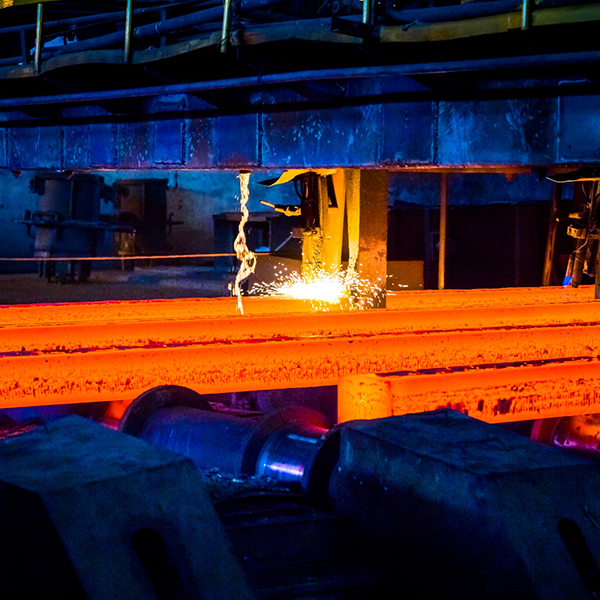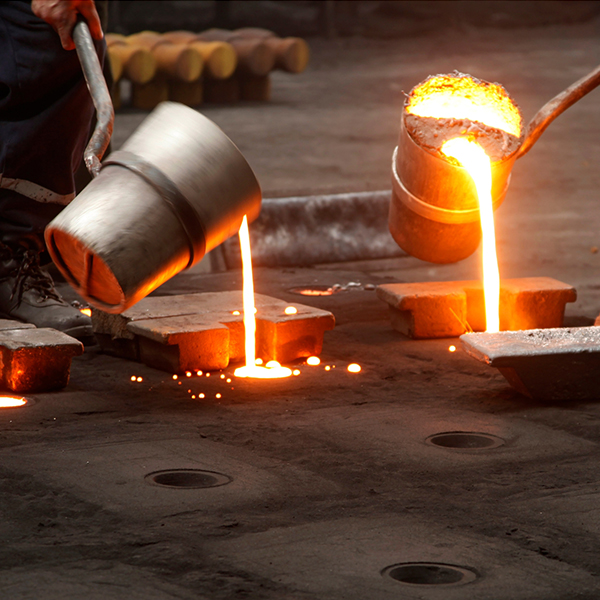Metal forging has been a fundamental technique for centuries and remains critical in modern manufacturing. The essence of forging is deformation and reformation of the metal, emphasizing on its internal structure and grain alignment.

Metal forging is a manufacturing process in which metal is shaped and formed into desired shapes using compressive forces. It involves the application of heat and pressure to a metal work piece, known as a billet, to deform it into the desired shape.
The main goal of forging is to improve the mechanical properties of the metal, such as strength, toughness, and fatigue resistance. The process also helps refine the grain structure of the metal, resulting in improved microstructure and reduced porosity.








This process allows for the creation of complex shapes and intricate details that may be difficult or impossible to achieve through other manufacturing methods at moderate cost and production rate.
The capabilities of metal casting vary depending on the specific process used.






PRECiSMART offers extensive and adaptable manufacturing capacity and capabilities.
We will collaborate with you to ensure you obtain the essential components with precision and efficiency,
meeting your specific requirements effectively.